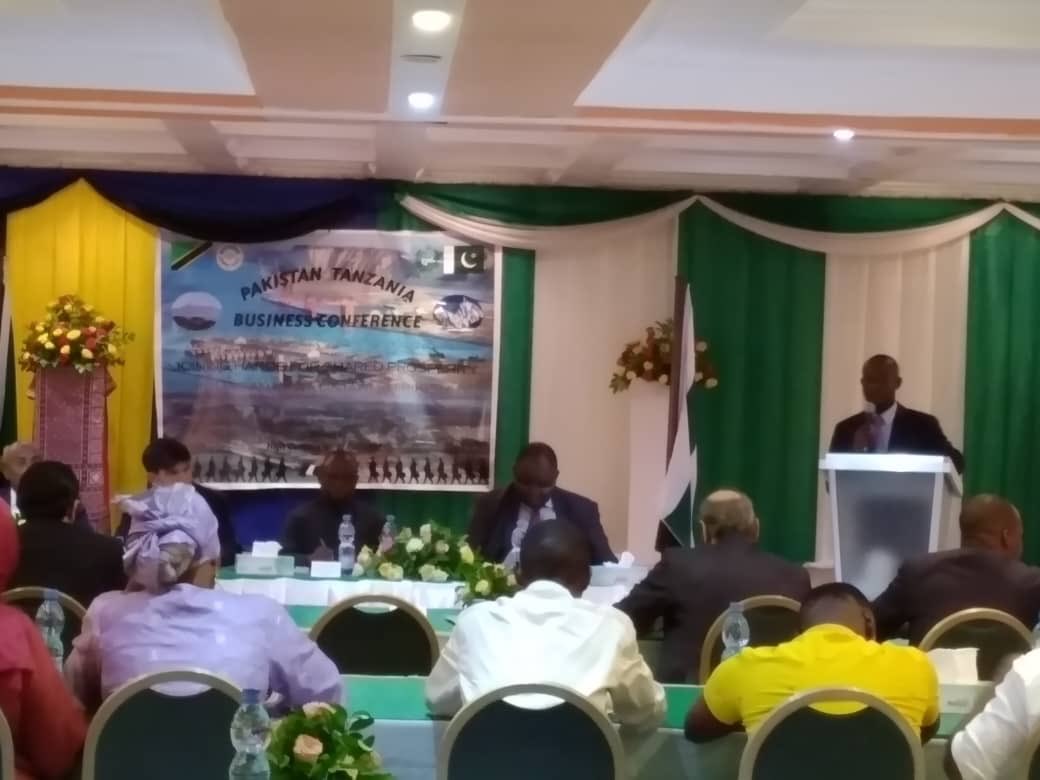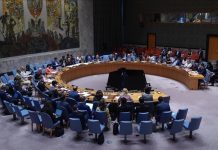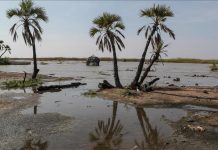AfricaPress-Tanzania: ON Saturday, the High Commission for Pakistan to the United Republic of Tanzania organized a Pakistan-Tanzania Business Conference in Dar es Salaam themed ‘Partnership for Shared Prosperity’ that was aimed at raising awareness of potential business areas for citizens, and companies of the two nations to exploit.
Well attended by government officials from the Ministry of Foreign Affairs, Tanzania Investment Centre (TIC), Tanzania Chamber of Commerce, Industry and Agriculture (TCCIA) President, and delegates from the Pakistan High Commission including its designate, the conference highlighted the areas, which once fully exploited the two countries’ nationals would enjoy not only strong political ties, but also sustainable economic growth for their own developments.
That is what the fifth phase government under President John Magufuli wants, the president and Tanzanians want partners and investors to come enmasse into the country for a win-win situation.
There are several opportunities Tanzanians pose to reap in such cooperation, which have no strings attached to them. For instance, Tanzanians were tipped by the Pakistan High Commission-designate Mr Muhammad Saleem to open several restaurants, which serve Pakistani dishes after realising that many Pakistani nationals who come to the country for business and diplomatic ties fail to find them.
Think of Tanzanite that is renowned for bracelets, necklaces, and earrings and associated with Tanzania and fetches a good price globally, but lacks a Tanzania to market it in Pakistan, one of the economic giants in Asia as posed by TCCIA President, Paul Koyi.
Surely, there are several opportunities for Tanzanians to exploit in the presence of several countries through their embassies locally willing to do business. These embassies should not only be seen as conduits of political cooperation per se, but in a wider scope be tapped by the nationals to think big and engage in international businesses.
For instance, Pakistan imports big quantities of tea and coffee with the realisation that many people in the Asian world operate with the slogan of any time is tea time, which should encourage our farmers and the youth to engage in their cultivations.
Tanzania is on the threshold of becoming a semi-industrialised, middle-income economy as envisaged in its National Development Vision-2025, and there is no way the country would leap to the height if we won’t produce more raw materials to keep pace with the demand of their raw materials.
As Tanzanians, we need to hail our government that since independence, it has maintained peace, created a good environment for doing business, and what now you and I must do is exploit such opportunity to grow.







